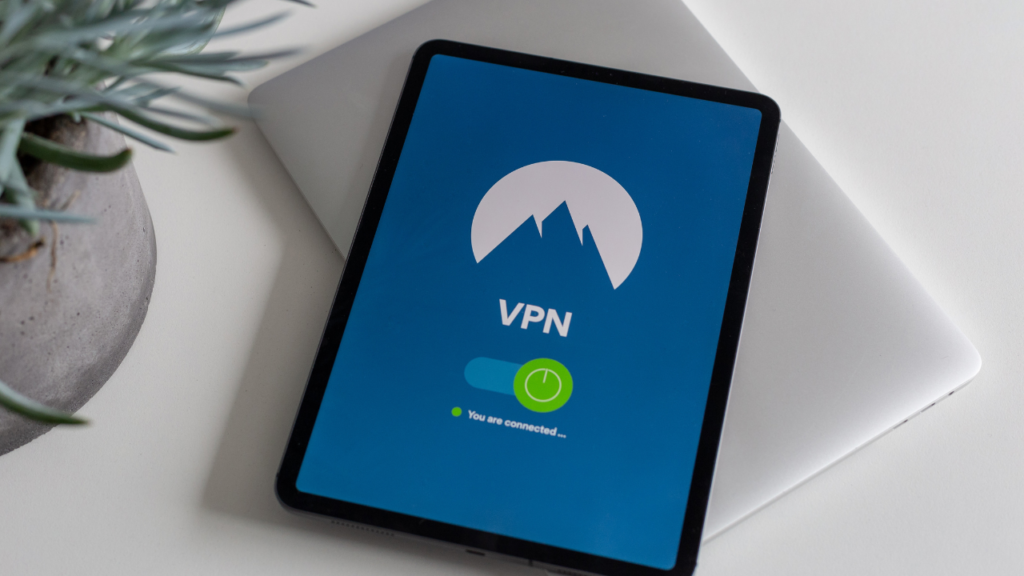How To Find Out Who Owns A Property
DataProt is supported by its audience. When you buy through links on our site, we may earn a commission. This, however, does not influence the evaluations in our reviews. Learn More.
Let’s say you’re eyeing a property to buy. However, no sign says it’s for sale. Or, you see a magnificent property and wonder who owns such a beautiful place.
It’s normal to be curious about such things.
While finding out who owns those properties can be challenging, it is not impossible.
Technology has opened up ways for individuals to access many forms of public information through people’s search sites.
These sites may provide information like phone numbers, birthdays, social media accounts such as OnlyFans (if they have one!), and current addresses.
Whether you are eyeing a property to buy or merely curious about an address, this article will provide different methods to determine who owns those properties.
Finding Out Who Owns A Property
Finding out who owns a property involves methods that can give you valuable information. However, it is important always to be mindful of potential risks such as identity theft.
The internet has a vast library of public information you can harness using the right tools. Just a single Google search can bring you millions of results.
Public offices such as the Registry of Deeds are also great starting points. Read on to learn more.
1. Registries of Deeds
You can access the Registries of Deeds online through the Assessor’s Office website.
You can utilize the “property search” feature on the Assessor’s Office website when looking up information about a property’s current owner.
You can access a range of details by entering the address of a property you want to investigate into the property search feature. The latest deed associated with the property is valuable in determining the current owner.
Each state in the US has its own website, so it would be helpful to check that you’re using the right website before starting your search.
These processes can provide the necessary details to identify and explore the current owner’s lineage.
2. Use Social Media
When you’re trying to locate the owner of a particular property, whether for business purposes, legal matters, or simply out of curiosity, utilizing the power of social media can be a valuable strategy.
Social media searches provide an alternative approach that is more accessible, especially when dealing with privately owned properties or when you need to establish contact quickly.
Begin by searching on popular social media platforms such as Twitter, Facebook, or Instagram using the address associated with the property.
On Facebook, you can search for the property’s address in the search bar or browse local community groups, neighborhood pages, or real estate-related groups where property discussions occur.
You can also use the property’s address as a search query on Twitter. Keep an eye out for tweets from the property owner, neighbors, or local real estate agents that may assist in identifying the owner.
Like the previous platforms, you can also put the property’s address on Instagram’s search bar. People often share images of their homes, renovations, or events at the location, which can help you identify the owner.
Remember that social media searches may yield only a few results because others prefer to keep their accounts private.
If you cannot locate the property owner through social media, check with the county recorder’s office regarding property ownership, as they can provide official records and documentation.
3. Check with the County Recorder
As a custodian of land records, deeds, and other essential documents, the County Recorder is important in preserving the history of property transactions within a specific jurisdiction.
Finding out who owns a property can involve navigating through the archives of the County Recorder’s office.
You can follow these general steps to check who owns the property through the county recorder:
- Identify and visit the County Recorder’s office or website.
- Gather property information.
- Contact the County Recorder’s office.
- Access property records if they have an online portal.
If you encounter any difficulties or require additional assistance, consider contacting the County Recorder’s office directly to clarify their processes and requirements.
4. Using Address LookUp Tools
Using reverse lookup tools such as BeenVerified and Spokeo to find property owner information can be convenient.
With just a few clicks and the address of the property in question, users can delve into a wealth of data, gaining insights into ownership history.
The websites below provide the best reverse address lookup services, allowing individuals to search for information effortlessly.
Spokeo
This website offers a reverse address lookup service to provide data about property owners based on the address entered.
Here’s a quick guide on using Spokeo:
Step 1: Go to Spokeo.
Step 2: Choose the Reverse Address Lookup tab.
Step 3: Type in the Address, and click “Search Now.”
Step 4: Wait for the Results.
It aggregates information from different sources, such as public records and social media profiles.
The website also offers different discounts, so checking before using their services would be great.
BeenVerified
BeenVerified offers a comprehensive and safe reverse address lookup service. The platform supplies many data about the property by searching for the address, including the owner’s name, value, and previous sales and alterations in ownership.
To use this website, follow these steps:
Step 1: Go to BeenVerified.
Step 2: Type the property address into the search bar and select the correct address from the autofill drop-down menu.
Step 3: Wait for the results.
You’ll see a preview report in just a few seconds. You can also dig deeper into the information that interests you by subscribing to their monthly plans.
BeenVerified offers a trial period of $1 for 7 days. Their membership plans cost $26.89 for a monthly subscription and $52.44 for a three-month period.
5. Speak to a Real Estate Attorney or Real Estate Agent
In the world of real estate, accurate information is key. Whether you are an investor exploring opportunities or a curious neighbor seeking to know the person next door, knowing who owns a particular property is fundamental.
Fortunately, the expertise of real estate attorneys and agents can be invaluable in helping you discover the truth behind property ownership.
Real estate attorneys are legal professionals well-versed in property matters, including property ownership. You can schedule an initial consultation with your chosen attorney to discuss your situation.
Provide any relevant information, such as the property address or any associated documents you may have.
You can also conduct thorough research to find reputable real estate agents, like searching for attorneys. Contact your selected agent and explain your intention to identify the property owner.
Agents can utilize their networks, access property databases, and their industry knowledge to assist you in your search.
While engaging with real estate attorneys and agents can be highly effective, one more method worth considering is the power of community knowledge.
6. Ask the Neighbors
Neighbors can provide helpful information regarding property owners.
As a final avenue of exploration, reaching out to the neighbors can sometimes reveal hidden insights and lead you closer to the answers you seek.
The neighbors close to the property may have firsthand knowledge about the owner. In cases where legal documents or public records fall short, the collective wisdom of the neighborhood can be a pool of information.
Establish open lines of communication to discover local information that gives a more comprehensive understanding of the property’s ownership background.
Bottom Line
Finding out who owns a property can be a multifaceted task in today’s digital age.
While traditional methods such as searching registries of deeds and consulting county records are still valuable, leveraging social media platforms and online databases can provide quicker and more accessible avenues for obtaining ownership information.
Individuals can navigate the complexities of property ownership research by employing these methods while respecting privacy boundaries.


